Disclosure: This article contains affiliate links. We may earn a commission from purchases at no extra cost to you, which helps our travel content.
When my tech burnout led me to Africa years ago, I never imagined I'd return repeatedly—not just for the wildlife, but for the continent's vibrant business potential. Gambia, West Africa's smallest mainland nation, often gets overshadowed by neighboring Senegal or tourism-heavy destinations like Kenya (my first love). But after spending a week navigating Banjul and Brikama's business landscape last quarter, I've discovered a hidden gem for entrepreneurs and corporate travelers alike. This compact nation offers surprising opportunities in tech, agriculture, and tourism sectors—with significantly less competition than you'll find in Africa's startup hotspots. Whether you're exploring market entry, seeking local partnerships, or simply need to conduct business effectively during your stay, this guide will help you navigate The Smiling Coast's unique business environment with cultural sensitivity and practical know-how.
Understanding Gambia's Business Landscape
Gambia's economy is experiencing a gradual transformation. While tourism and agriculture remain dominant, there's a nascent tech ecosystem emerging that reminds me of early-stage Austin about fifteen years ago—raw potential waiting for the right catalysts.
Banjul, the capital, houses most government offices, banks, and established businesses. It's compact and navigable, with the central business district concentrated around Independence Drive and Kairaba Avenue. The port area bustles with import-export activities, and you'll find most international organizations have offices here.
Brikama, the largest city in terms of population, offers a different business environment. Less formal but more dynamic, it's where you'll encounter small and medium enterprises, particularly in manufacturing, retail, and services. The Brikama market is a commercial hub worth exploring for understanding local consumer preferences.
What struck me most was the contrast between formal business structures and the vibrant informal economy. The latter operates on relationships and verbal agreements—something that initially frustrated my tech-sector documentation habits but ultimately taught me valuable lessons about trust-based commerce.
Before arriving, I highly recommend investing in a reliable portable power bank. Power outages are common, even in business districts, and nothing derails a presentation faster than a dead laptop or phone. Mine saved multiple meetings during unexpected blackouts.
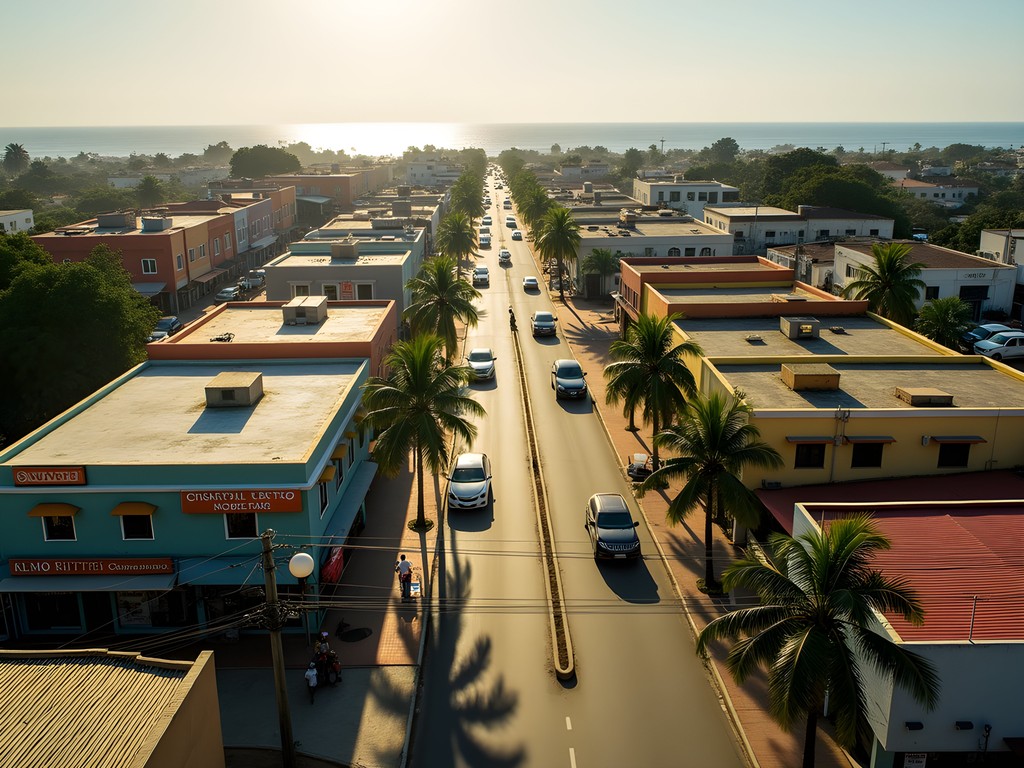
💡 Pro Tips
- Research potential business partners thoroughly before your trip—the local chamber of commerce can provide valuable insights
- Exchange business cards with your right hand (or both hands) as a sign of respect
- Schedule important meetings in the morning when power supply tends to be more reliable
Navigating Cultural Protocols in Business Settings
My first business meeting in Banjul was nearly a disaster. Coming from Oklahoma City's efficiency-driven tech environment, I arrived precisely on time, agenda in hand, ready to dive straight into discussions. My Gambian counterparts arrived 30 minutes later, spent another 20 minutes on personal greetings and inquiries about my family (which I don't have), and seemed in no hurry to address the meeting objectives.
This taught me lesson one: in Gambia, relationship-building precedes business transactions. Time is fluid, and personal connections matter immensely.
Business culture here blends British colonial influences with Islamic traditions and local customs. While English is the official language, meetings often flow between English and local languages like Mandinka or Wolof. Don't be surprised if your Gambian colleagues occasionally break into their native tongue—it's not exclusionary but simply more comfortable for nuanced discussions.
Dress code skews conservative and formal. Despite the heat, local businessmen typically wear suits or traditional attire like the kaftan. For foreign visitors, lightweight suits or business casual attire is appropriate, though I recommend bringing a lightweight blazer that can be easily removed when the temperature climbs. For women, modest attire covering shoulders and knees is advisable, especially when meeting with government officials.
Religious considerations are important—nearly 95% of Gambians are Muslim. Business meetings pause for prayer times, and during Ramadan, expect reduced working hours and difficulty scheduling afternoon appointments as energy levels dip during fasting.
Perhaps most importantly, patience isn't just a virtue here—it's a business necessity. Decisions rarely happen in a single meeting, government processes move slowly, and building trust takes time. The phrase 'slowly, slowly' (ndank ndank in Wolof) isn't just a saying but a cultural approach to business development.
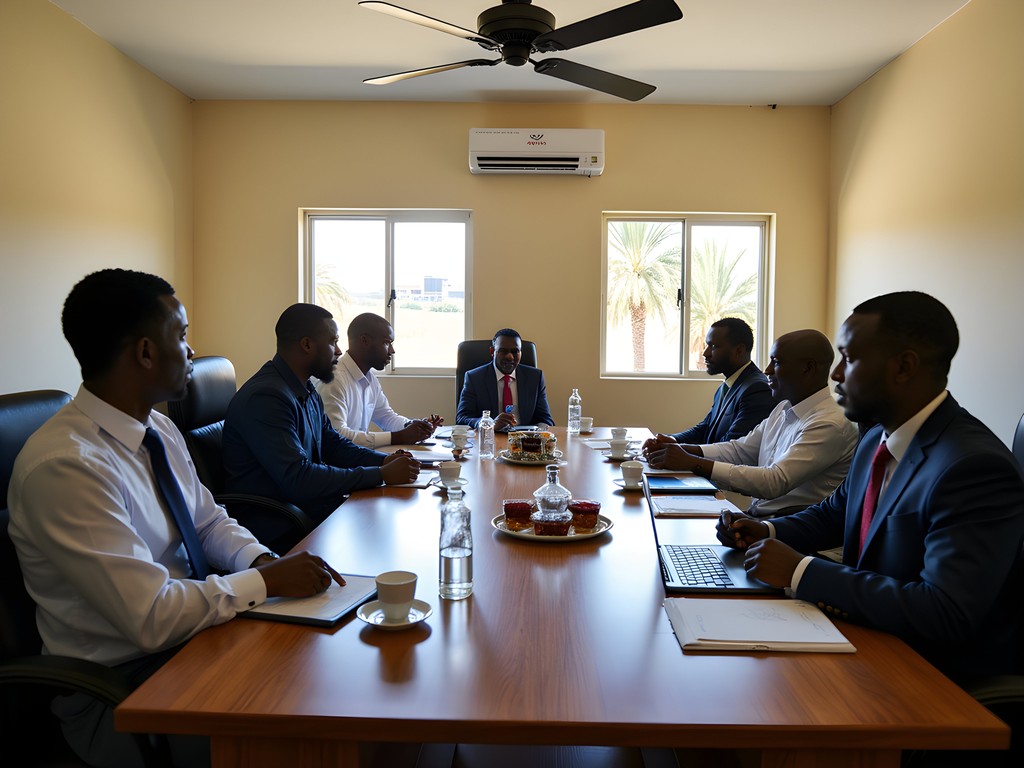
💡 Pro Tips
- Begin meetings with personal inquiries about family and well-being before discussing business
- Bring small, thoughtful gifts from your home country for important business partners
- Always accept offers of attaya (sweet tea) during meetings—refusing can seem dismissive
Accommodation and Workspace Options
Finding appropriate accommodation that doubles as a productive workspace proved challenging but not impossible. Banjul offers limited but adequate options for business travelers, while Brikama's facilities are more basic but often more affordable.
In Banjul, the Laico Atlantic Hotel and Kairaba Beach Hotel provide reliable business services, including meeting rooms and decent WiFi—though don't expect Silicon Valley speeds. For longer stays, I recommend the noise-cancelling headphones that saved my sanity during conference calls from my hotel room when background noise became an issue.
A more budget-friendly option I discovered was Ocean Bay Hotel, which offers surprisingly good working spaces in its lobby and restaurant areas. Their business center is basic but functional for printing and scanning needs.
In Brikama, accommodation options with business facilities are limited. I stayed at a local guesthouse and relied heavily on mobile data for connectivity. If working from Brikama, consider arranging temporary office space through local business contacts or co-working arrangements.
Speaking of connectivity, internet access varies dramatically. Major hotels in Banjul offer WiFi, but speeds fluctuate throughout the day. I found the most reliable connection using a local SIM card from Africell or QCell for mobile data. For under $20, you can get substantial data packages that outperform most hotel WiFi. Just ensure your phone is unlocked before traveling.
Power outages remain a persistent challenge even in business-focused accommodations. Most higher-end hotels have generators, but there's often a brief blackout period before they kick in. Keep devices charged whenever possible and save work frequently—a lesson I learned the hard way after losing an entire presentation draft during an extended outage.
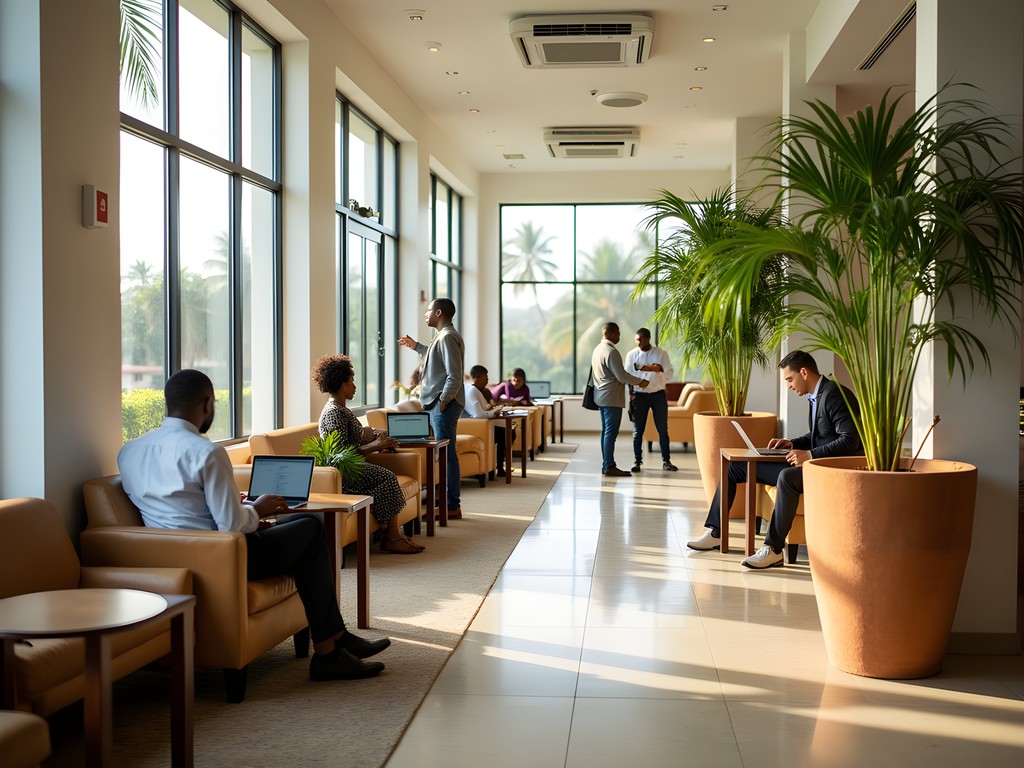
💡 Pro Tips
- Request rooms away from generators if staying at hotels with backup power—they can be surprisingly loud
- Consider splitting your stay between Banjul (for formal meetings) and the coastal resorts (for better working conditions) if your schedule allows
- Book accommodations with pools if visiting during hot season (March-May)—they're not just for leisure but necessary for cooling down after business days
Networking Opportunities and Business Development
After my initial culture shock wore off, I discovered that Gambia's compact size creates unique networking advantages. The business community is small enough that meaningful connections happen organically and word-of-mouth referrals carry significant weight.
The American Chamber of Commerce Gambia hosts monthly networking events that proved invaluable during my stay. These gatherings attract both local business leaders and expatriates, creating perfect opportunities for market intelligence gathering. Similarly, the Gambia Chamber of Commerce and Industry organizes sector-specific forums worth attending.
For tech-focused business travelers, I was pleasantly surprised to find a nascent startup ecosystem centered around the Jokkolabs co-working space in Banjul. Their weekly innovation meetups attract young entrepreneurs eager to connect with international expertise and potential investors. The energy reminded me of Austin's early tech days—raw potential with limited infrastructure but immense enthusiasm.
Business development in Gambia relies heavily on personal relationships. While initial meetings might seem purely social, they lay essential groundwork for future transactions. I found carrying a digital business card device particularly useful, as it allowed me to share contact information easily while still observing local customs of personal exchange.
Government connections matter significantly in Gambia's business landscape. The Gambia Investment and Export Promotion Agency (GIEPA) provides free advisory services for foreign investors and can facilitate introductions to relevant ministries. Their office on Kairaba Avenue should be an early stop on any business traveler's itinerary.
Banking relationships also function as networking opportunities. Establishing an account with a local bank like Trust Bank or Guaranty Trust Bank introduces you to relationship managers who often serve as informal business matchmakers. Even if you don't need local banking services, scheduling courtesy meetings with bank managers can yield surprising connection opportunities.
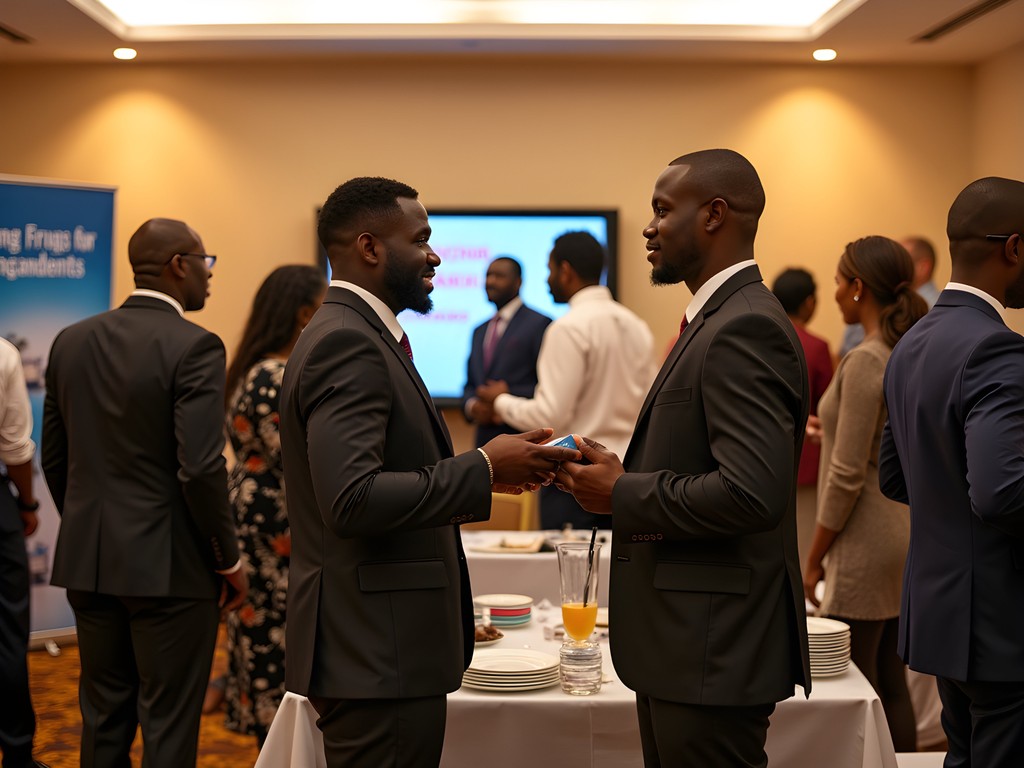
💡 Pro Tips
- Attend the weekly 'Bantaba' gatherings at major hotels where informal business networking happens organically
- Join a local Rotary Club meeting as a visitor—they welcome international guests and include many business leaders
- Schedule meetings with university business departments if seeking young talent or fresh perspectives on the market
Emerging Sectors and Investment Opportunities
My background in e-commerce naturally draws me to emerging digital opportunities, and Gambia offers several worth noting. While not as developed as Kenya's or South Africa's tech scenes, Gambia's digital ecosystem is evolving rapidly with minimal competition.
The fintech sector shows particular promise. Mobile money adoption is accelerating, with QMoney and Africell Money serving unbanked populations. Several startups are developing solutions for cross-border payments and remittances—a significant market given Gambia's large diaspora population. For tech investors comfortable with frontier markets, these early-stage ventures offer ground-floor opportunities.
Agribusiness presents another compelling sector. Despite agriculture employing over 70% of Gambians, the industry remains largely unmechanized and inefficient. Companies introducing modern farming techniques, processing facilities, or export logistics are finding receptive markets. During my visit, I toured a cashew processing facility that had transformed from manual operations to semi-automation, quadrupling output with minimal investment.
Renewable energy development is gaining momentum as Gambia aims to reduce dependence on imported fossil fuels. Solar projects particularly benefit from the country's abundant sunshine, with several rural electrification initiatives seeking partners and investors. The regulatory environment is increasingly supportive, with tax incentives for clean energy projects.
Tourism infrastructure development remains attractive despite pandemic setbacks. The sector is rebounding with a focus on sustainable and experiential offerings beyond traditional beach resorts. Eco-lodges, cultural tourism experiences, and boutique accommodations are underdeveloped niches with growing demand.
For business travelers exploring investment possibilities, I recommend carrying a portable document scanner to immediately digitize the numerous paper documents you'll encounter. Digital record-keeping isn't yet universal in Gambian business circles, and this simple tool saved me countless headaches when collecting market research and potential partnership documentation.
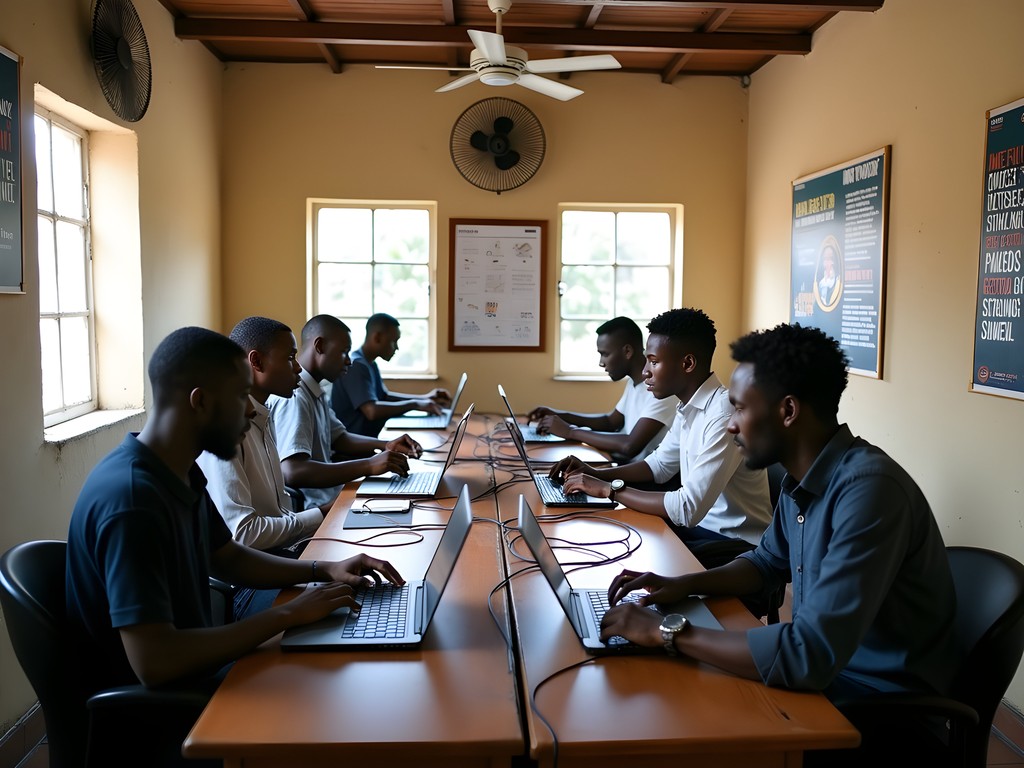
💡 Pro Tips
- Request meetings with the Ministry of Trade if exploring manufacturing or export opportunities—they offer surprising flexibility for serious investors
- Visit the Gambia Technical Training Institute to assess the available skilled workforce in your sector
- Consider the special economic zone near the port for operations requiring import/export facilities
Practical Travel Tips and Local Transportation
Moving between Banjul and Brikama efficiently requires understanding Gambia's transportation landscape. The two cities are only about 35 kilometers apart, but traffic and road conditions can make journey times unpredictable.
For business travelers, hiring a dedicated driver is the most reliable option. Many hotels offer this service, or you can arrange a driver through tour companies for weekly rates that prove economical compared to daily taxis. My driver, Lamin, not only navigated the roads expertly but provided invaluable cultural context and impromptu language lessons during our journeys.
Taxis come in two varieties: tourist taxis (green) and local shared taxis (yellow). Green taxis charge higher rates but offer more comfort and direct service. Yellow taxis follow set routes and pick up multiple passengers—economical but time-consuming and not ideal for business schedules.
If you're comfortable with adventure, the local gelli-gelli (minivans) provide cultural immersion along with transportation between cities, though they're crowded and follow no fixed schedule. I tried this once for the experience—fascinating but not practical when timeliness matters.
For navigating within cities, I found the offline navigation app essential when mobile data was spotty. Download Gambia maps before arrival, as even Google Maps lacks detail in some areas.
Safety considerations are important but shouldn't cause undue concern. Banjul and Brikama are generally safe for business travelers, though standard precautions apply—avoid displaying expensive electronics, use hotel safes for valuables, and be discreet when handling cash. The Tourist Security Unit (TSU) maintains visible presence in business and tourist areas.
Health preparations should include yellow fever vaccination (required for entry) and malaria prophylaxis. Carry a basic medical kit including rehydration salts for the occasional stomach upset. The heat can be intense, particularly from March through May, so schedule outdoor activities for mornings and evenings when possible.
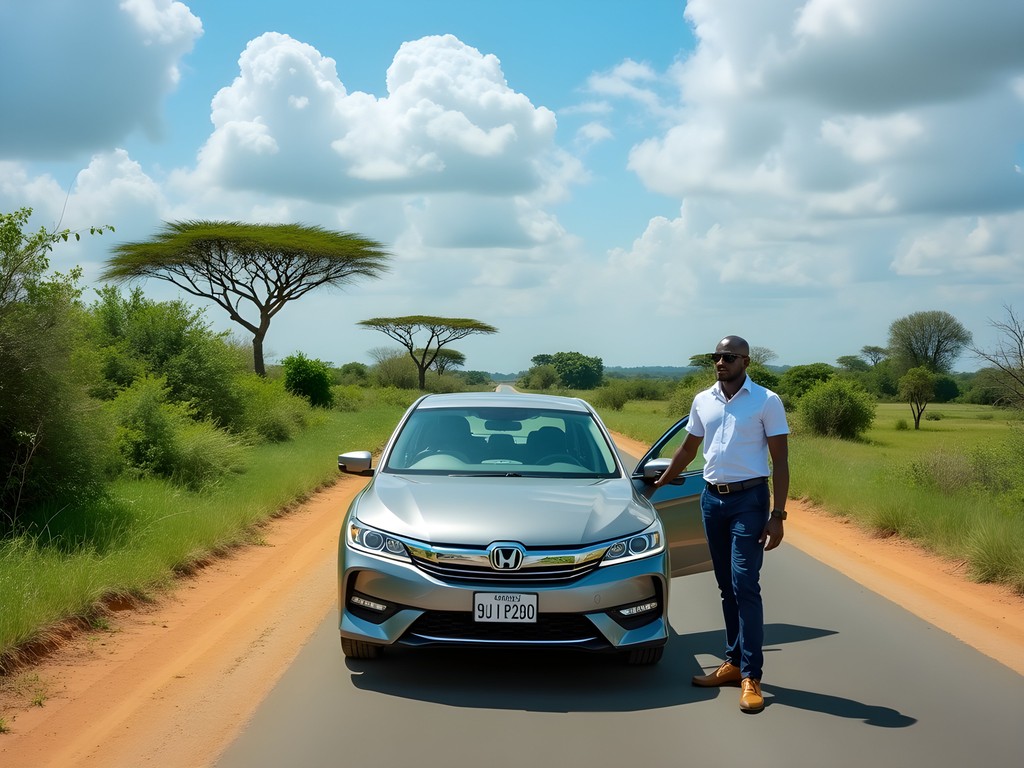
💡 Pro Tips
- Negotiate taxi fares before entering the vehicle—prices for foreigners start high but are flexible
- Exchange some currency at the airport for immediate needs, but get better rates at banks in the city
- Keep small denominations of dalasi (local currency) for everyday transactions—change can be scarce
Final Thoughts
As I boarded my flight home from Banjul International Airport, my perspective on Gambia had transformed dramatically. What began as an exploratory business trip revealed a nation of untapped potential and warm hospitality that belies its small size. The business landscape here requires adjustment—relationships over transactions, patience over efficiency, and personal connections over digital communications. But for those willing to adapt, The Smiling Coast offers unique opportunities with minimal competition and growing sectors ripe for development. Whether you're exploring market entry, seeking partnerships, or simply conducting temporary business, approach Gambia with cultural sensitivity, practical preparation, and an open mind. The relationships you build here could yield dividends far beyond what appears on the surface. As they say in Mandinka, 'Slowly, slowly, one catches the monkey'—patience and persistence are the currencies that truly matter in Gambia's business world.
✨ Key Takeaways
- Relationship-building precedes business transactions—allocate time for personal connections
- Gambia's emerging tech, renewable energy, and agribusiness sectors offer opportunities with minimal competition
- Power and connectivity challenges require backup solutions and flexibility
- The compact business community means valuable connections can happen organically through proper networking
📋 Practical Information
Best Time to Visit
November-May (dry season)
Budget Estimate
$1,200-$2,000/week including accommodation, transportation, and business expenses
Recommended Duration
Minimum 1 week for meaningful business development
Difficulty Level
Intermediate

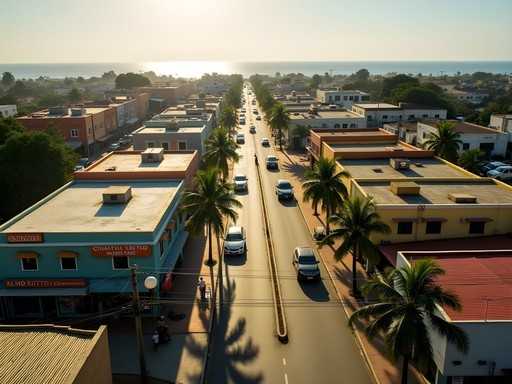
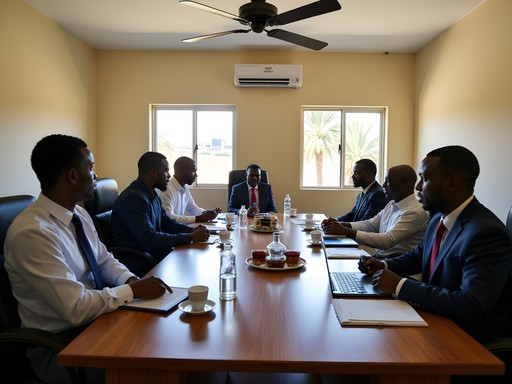
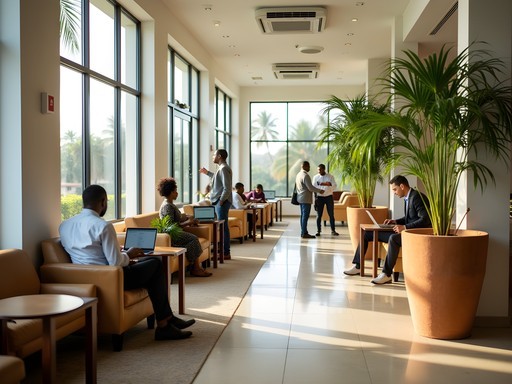
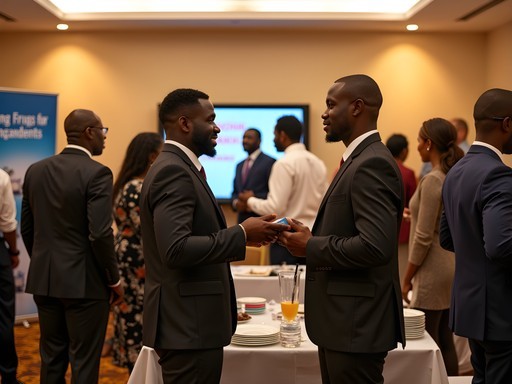
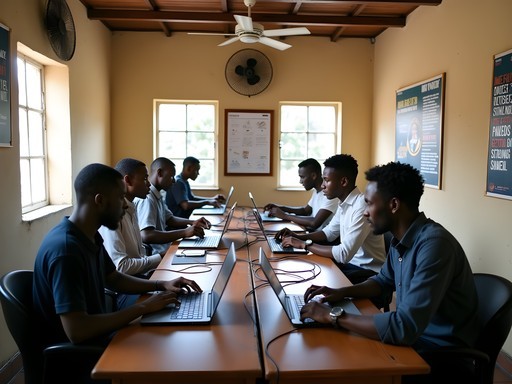
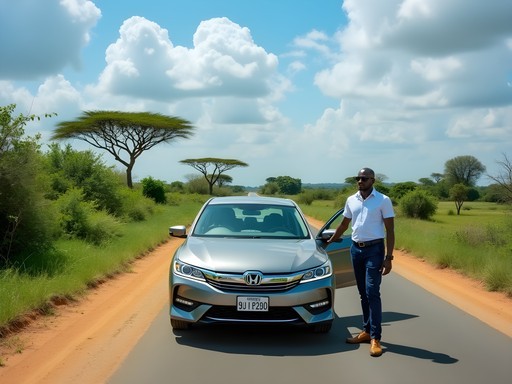


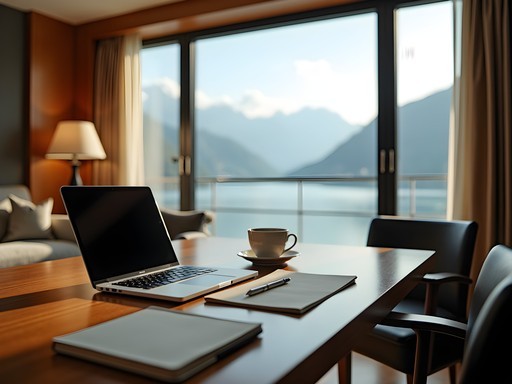

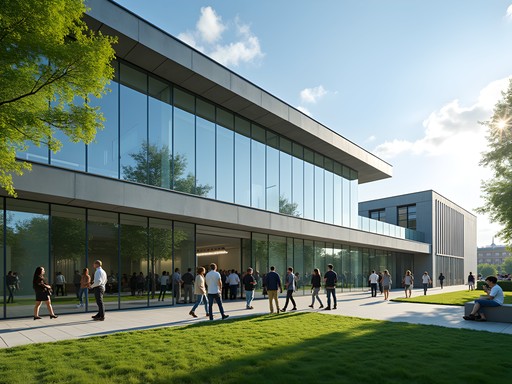

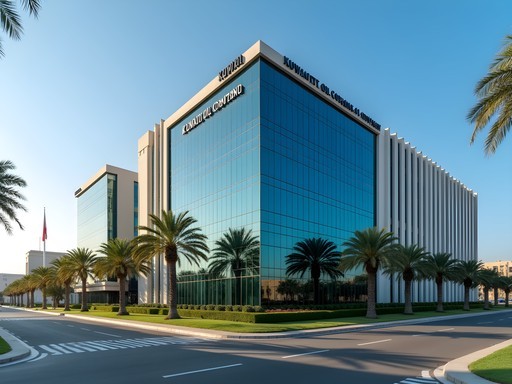

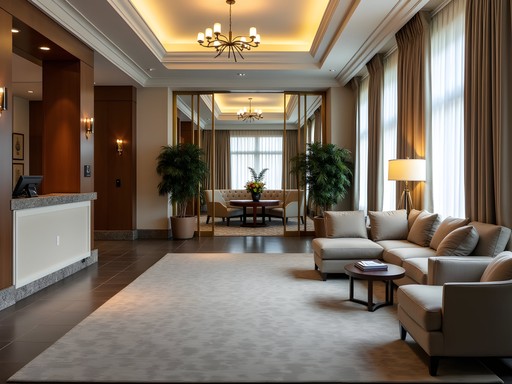
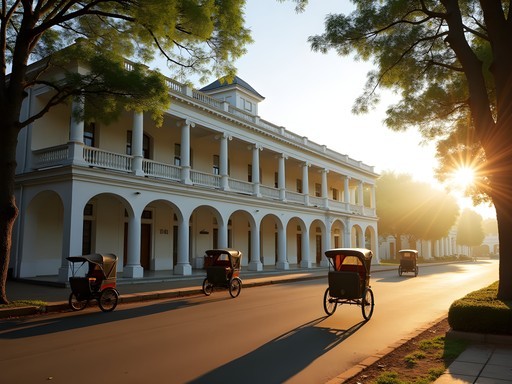
Comments
Stephanie Romano
Riley, this is such a refreshing take on Gambia! I've only ever considered it for family beach vacations, but you've opened my eyes to the business side. The section on cultural protocols really resonated with me - I remember learning similar lessons when we were in Morocco last year. My husband does some consulting work and I'm forwarding this to him because he's been looking at expanding into West African markets. Quick question: how did you find the internet connectivity in Brikama? That's always my biggest concern when thinking about combining work with our family travels. Also, are there any coworking spaces that would be kid-friendly if I needed to get some blog work done while the kids are entertained?
escapebackpacker
good question about wifi, was wondering the same
escapebackpacker
Gambia for business travel? Never thought about that but makes sense!
Stephanie Romano
Right?? I've been thinking about taking the family there for a different kind of trip. Riley always finds these unexpected angles!
greendiver
I'm planning my first business trip to Gambia next month. Any advice on appropriate business attire considering the climate? Will be there for finance meetings.
blueking
For finance meetings, definitely still go with formal business attire despite the heat - lightweight suits are your friend. Local professionals appreciate the respect shown through formal dress. Just schedule outdoor walking for early morning or evening!
greendiver
Thanks for the advice! Will pack accordingly.
citylife
Great guide! How did you handle transportation between meetings? I've heard taxis can be complicated for newcomers.
Riley Griffin
I hired a local driver for the week - much easier than negotiating fares every time. Ask your hotel for recommendations, they usually know reliable drivers with business experience.
Marco Flores
This brings back memories! I spent three weeks between Banjul and Serekunda last year exploring tech startup opportunities. Riley is right about the untapped potential there. The internet situation has improved dramatically since my first visit in 2018. I found the co-working space at Jokkolabs particularly good for meetings - they have reliable backup generators which is crucial. One tip: I always carry my portable hotspot as backup since power outages can still happen. The business connections made over attaya tea sessions were some of my most valuable - Gambians really value relationship-building before getting down to business.
citylife
Thanks for the Jokkolabs tip! Adding it to my list for when I visit next quarter.
FirstTimeAfrica
The photos are amazing! Can't wait to see Banjul myself.
backpackblogger
Never considered Gambia for business travel! Eye-opening post.
blueking
Just got back from a business trip to Banjul last month and this guide would've been so helpful! The cultural protocol section is spot on - I definitely made some awkward mistakes in my first meetings. One thing I'd add is that business cards are still very important there, and people appreciate when you take time to read theirs before putting it away. The Kairaba Beach Hotel worked well for me as a base, good wifi in the business center.
Marco Flores
Did you get a chance to visit Brikama? I'm heading there next month for a potential partnership with a craft cooperative.
blueking
Yes! Brikama was fascinating - much more local business vibe than Banjul. The craft market there is impressive. Make sure to bring cash though, card payments were hit or miss.
Sage Dixon
Riley, this brings back memories of my first business trip to Gambia in 2022! I was there helping a solar energy startup navigate local partnerships. One thing I'd add to your excellent guide is the importance of building relationships with taxi drivers - I found one reliable driver my first day and hired him for my entire stay. He became not just transportation but a cultural translator and business ally, introducing me to local contacts I'd never have found otherwise. The section on workspaces is gold - Banjul's power fluctuations can be challenging. I ended up working from the Kairaba Hotel's business center when my accommodations had issues. For anyone heading to Brikama specifically, there's a new co-working space that opened near the market that wasn't mentioned - 'InnoHub Gambia' - with decent WiFi and meeting rooms.
travelclimber
Thanks for mentioning InnoHub! Just looked them up and they have day passes available. Perfect for my upcoming trip.
GambiaExplorer
Just got back from Banjul last week and this post is spot on! One thing I'd emphasize for business travelers is the importance of patience. Meetings rarely start on time, and what might be a 30-minute meeting in the US or Europe could easily stretch to 2 hours with all the relationship building that happens first. I initially found this frustrating but came to appreciate the more human-centered approach to business. Also, the Atlantic Hotel has upgraded their conference facilities since your post - they now have really good A/V equipment and the air conditioning actually works consistently!
Venture X
Premium card with 2X miles, $300 travel credit, Priority Pass